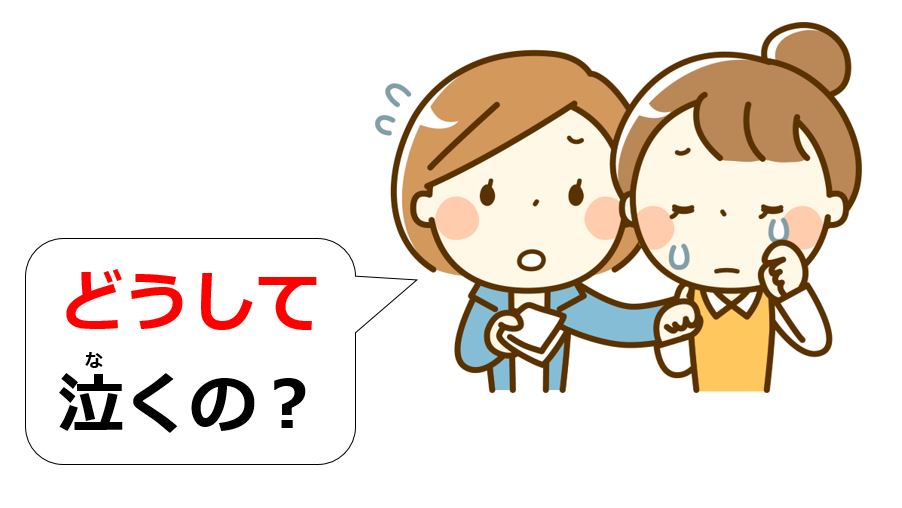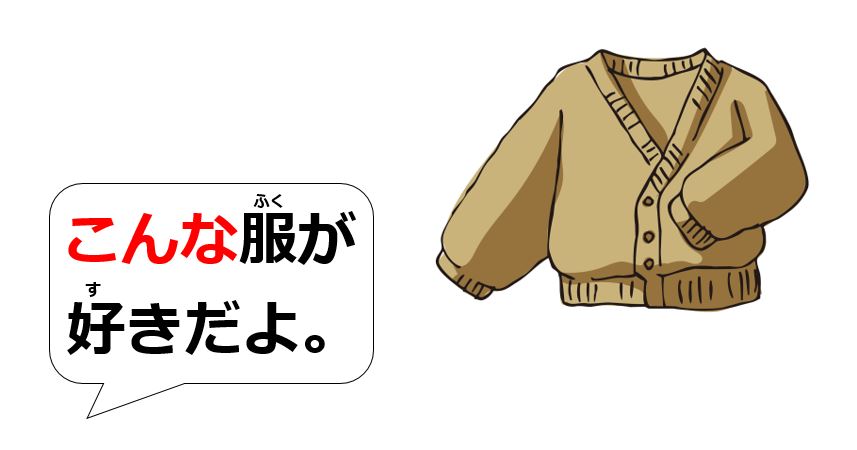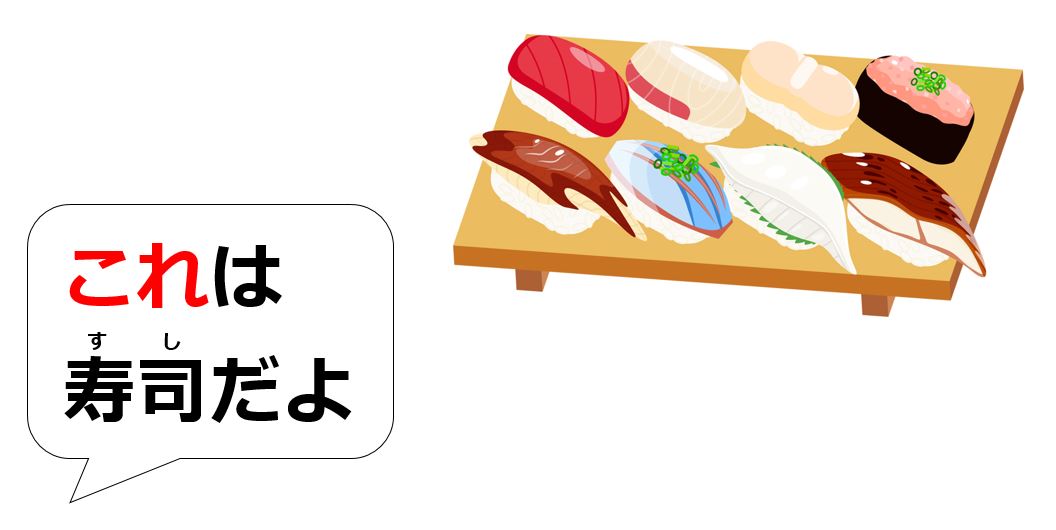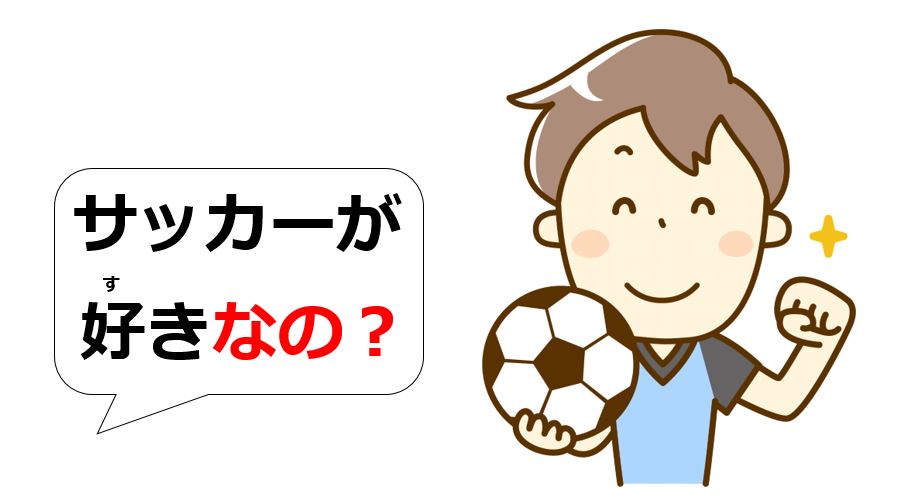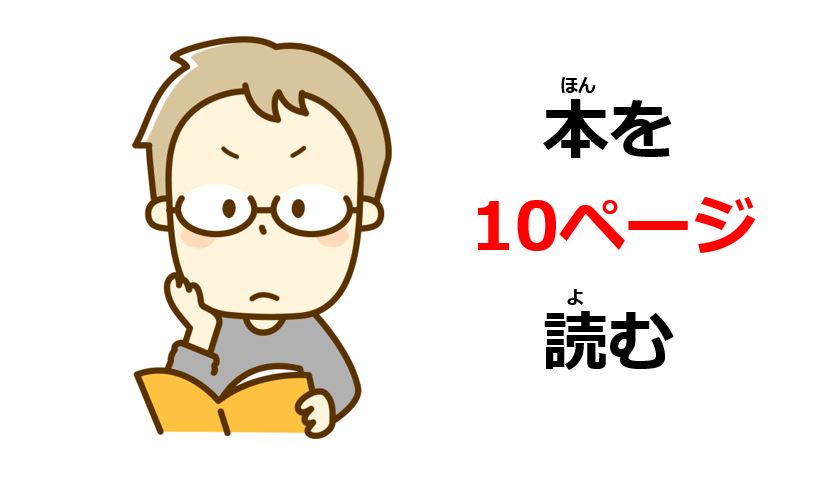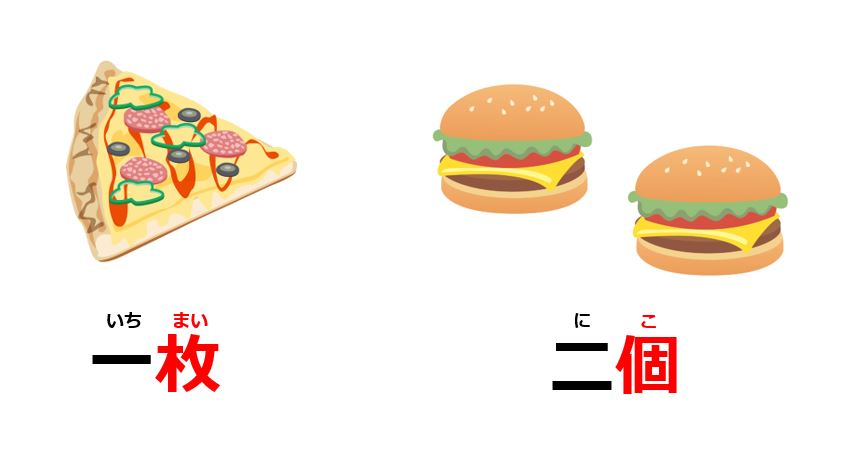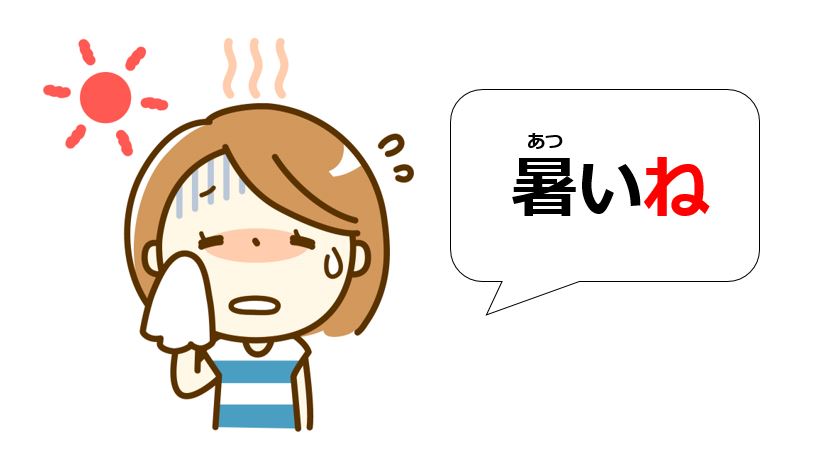In the last two lessons, you learned wh-questions with demonstratives: こそあど, e.g. どんな本ほんを読よみますか (What kind of book(s) do you read)? However, there are still other types of question words, which are not related to demonstratives. In this lesson, you will complete the topic: wh-question. Five Japanese Wh-questions not related to Demonstratives Table of Contents どうして, […]
Japanese Grammar
Japanese Wh-questions: どんな and どう
Last time, you learned Japanese wh-questions with Japanese demonstratives which work as pronouns and determiners, like “どの服ふくが着き物ものですか (which clothes are kimono)?” In this lesson, you will learn the rest of them with their related question words. Japanese Wh-questions with Demonstratives: こそあど Table of Contents どんな: What Kind of… どう: How For review, we will show […]
Japanese Wh-questions: 何, どの, 誰・どなた, どこ, and どっち・どちら
Last time, you learned Japanese demonstratives: これ, それ, あれ, and どれ like “どれが寿司すしですか (Which one is Sushi)? これが寿司すしです (This one is Sushi).” You can think of these four words as one group, where どれ is a question word, and the others are its counterparts. In this lesson, you will learn other question words with their […]
Japanese Demonstratives: これ, それ, あれ, and どれ
Last time, you learned question markers か and の with closed questions, such as “田た中なかさんは大学生だいがくせいですか?” and “田た中なかさんは大学生だいがくせいなんですか?” When it comes to open questions, objects you’d like to ask are likely to be ones you don’t know. What should you describe such things? This is where demonstratives come into play. Explanation for Japanese Demonstratives: これ, それ, […]
Question Markers: か and の
Last time, you learned how the explanatory のだ (んだ) works like “これが雪ゆきなんだ.” The functions are to express reasons, interpretation, discovery, summary (rewording), and preliminary remarks. This can then be utilized for question markers. In this lesson, you will learn how to make interrogative sentences with the question markers か and の. Interrogative Sentences with Question […]
Explanatory のだ (んだ)
In this section, you will learn how to make interrogative sentences. Before moving to the main topic, we would like to tackle the explanatory のだ (んだ)because understanding its functions is significantly important when making and responding to a question. Explanation for How the Explanatory のだ (んだ) Works The explanatory のだ (んだ) is one of the […]
How Japanese Counting Systems Work in a Sentence
In the last two lessons you learned the Japanese counting system in terms of pronunciation and counters. Although it will take some time to memorize all of them, we think that you have the basic knowledge now. In this lesson, let’s learn how to use numerals in a sentence. How to Express Japanese Numerals in […]
Japanese Counters
Last time, you learned the Japanese counting system in terms of pronunciation. As you know now, there are two ways to count, some of which have irregular pronunciations. In this lesson, you will learn the usage depending on contexts. Explanation for How Japanese Counters Work When you count a car in English, you can just […]
Japanese Numerals
The Japanese counting system is one of the trickiest things when learning Japanese and it is certainly worthwhile going into detail. In this lesson, you will learn Japanese numerals. Note: Don’t be a perfectionist. You will have a lot of things to memorize, which generally takes some time. Explanation for How Japanese Numerals Work In […]
Sentence Ending Particles: ね, よ, and よね
Last time, you learned the usage of Japanese intransitive and transitive verbs like “ドアが開あく” and “ドアを開あける.” We hope that you have understood the differences between such verbs in English and Japanese. In this lesson, you will learn one of Japanese’s unique elements: sentence ending particles. Explanation for How Sentence Ending Particles: ね, よ, and よね […]

